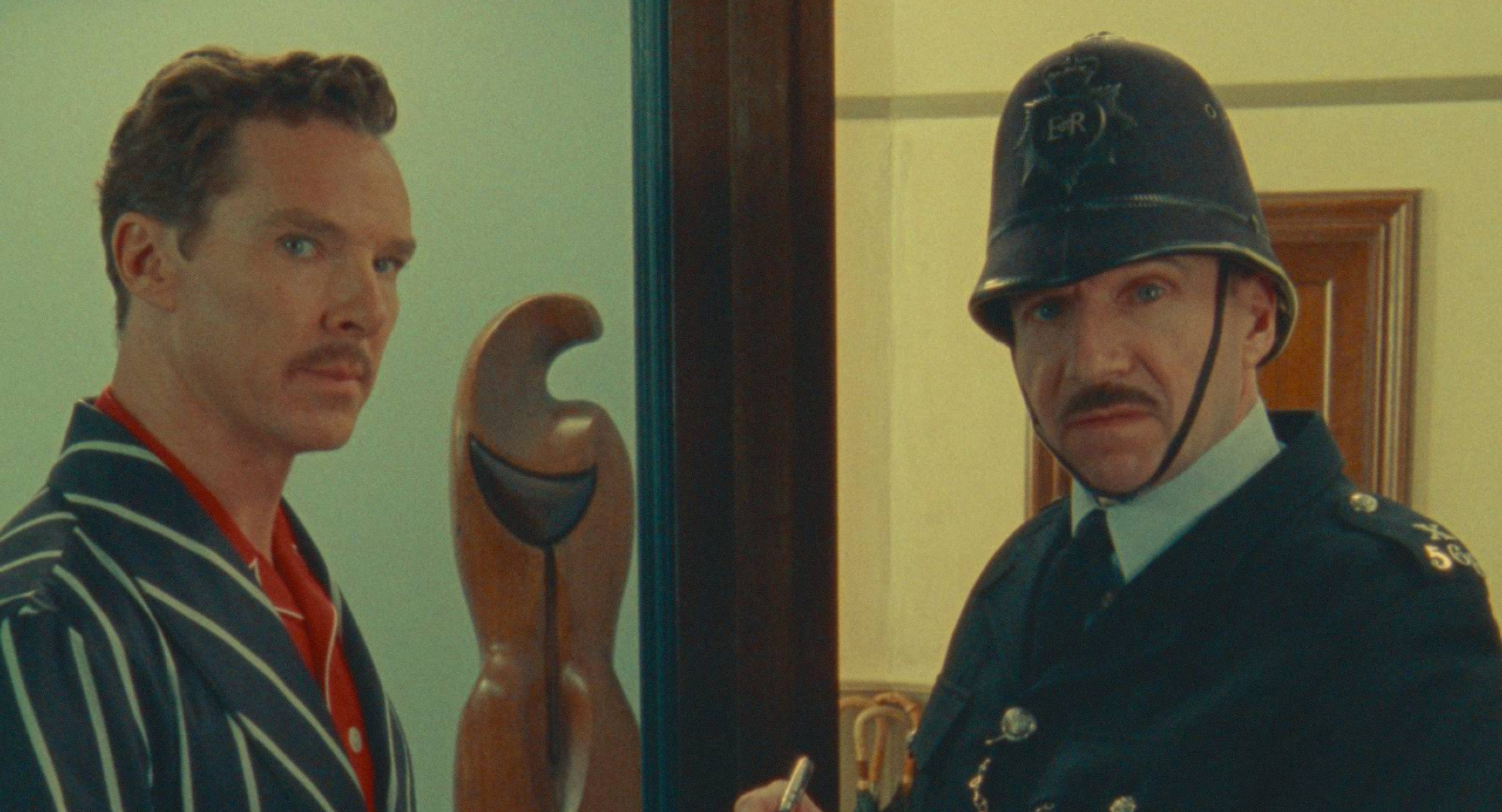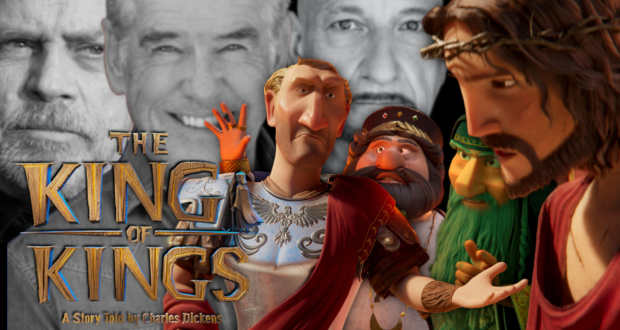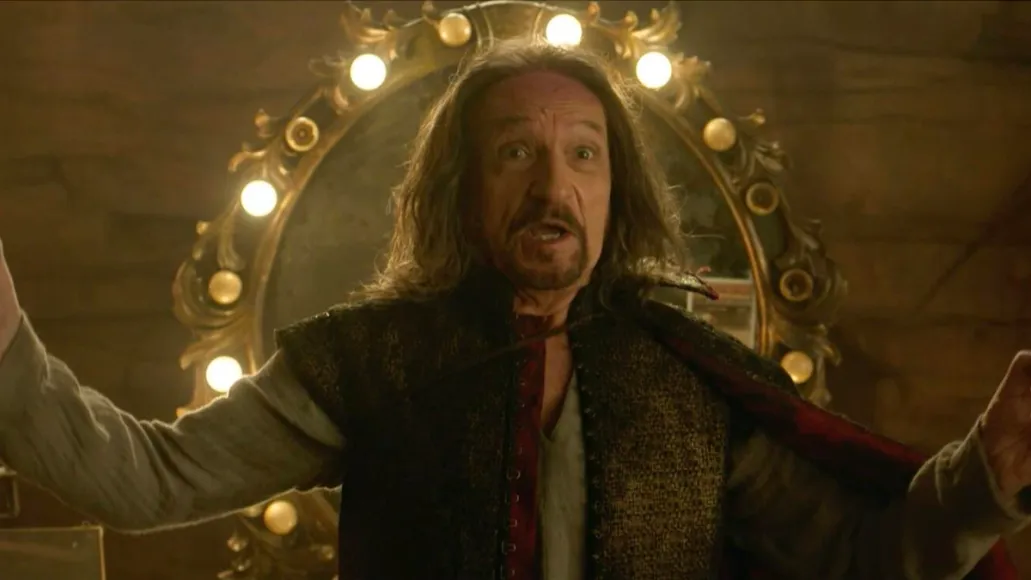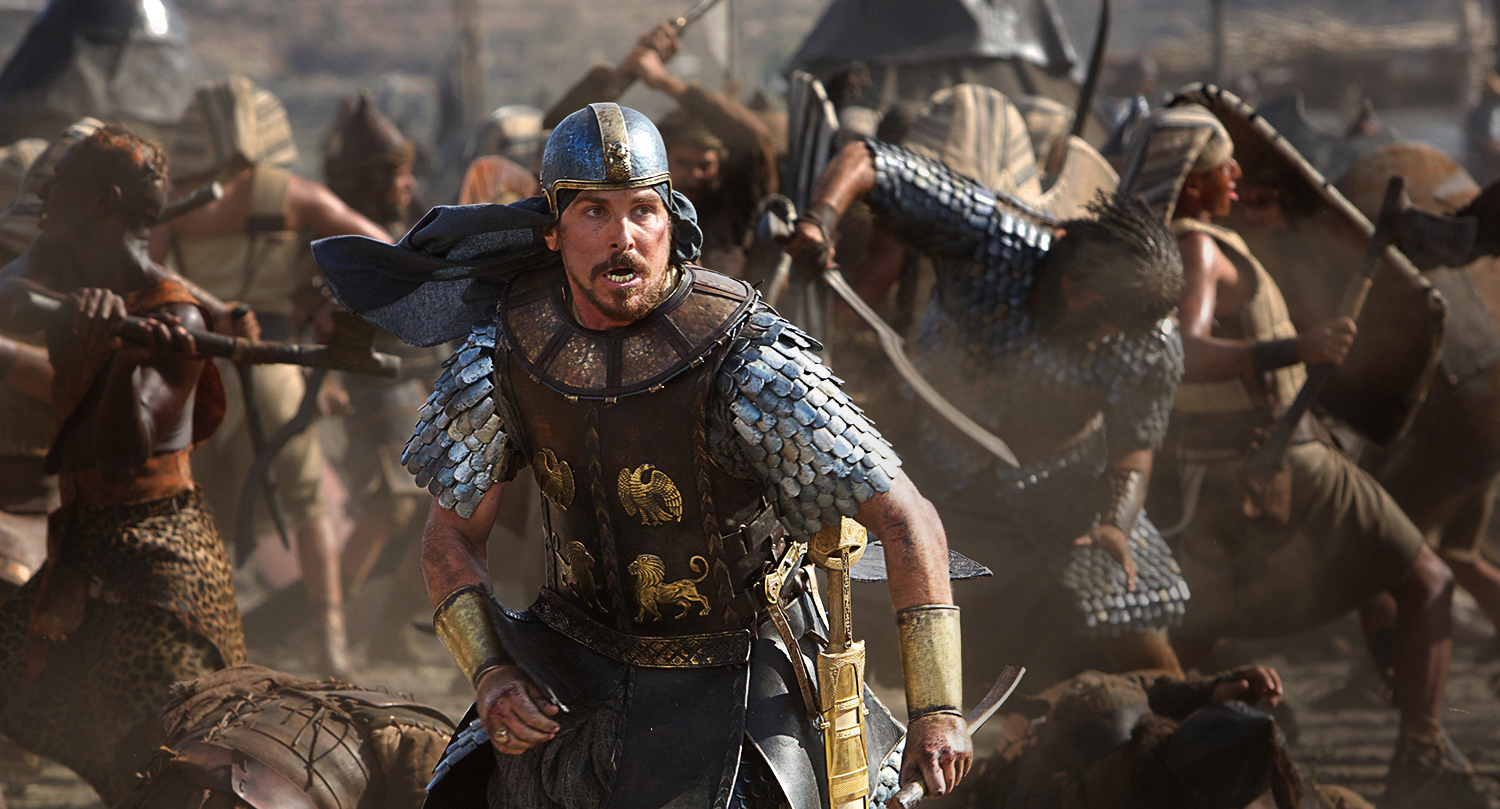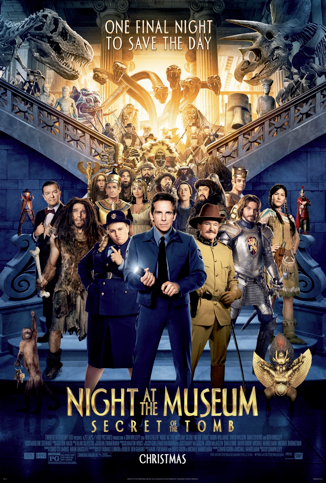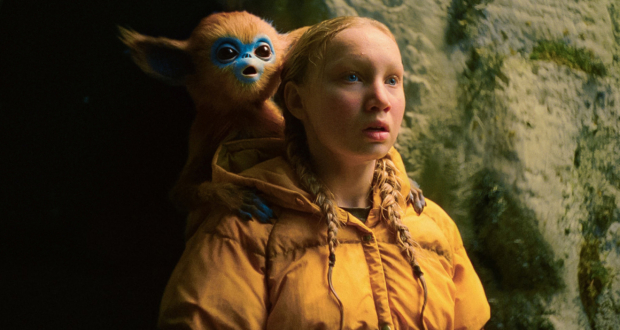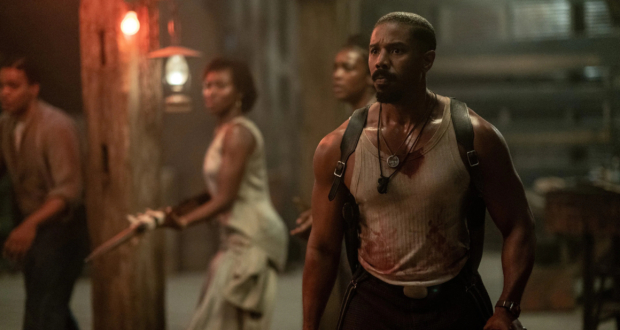Director Wes Anderson’s adaptation of Roald Dahl’s The Wonderful Story of Henry Sugar is a whimsical and visually stunning short film that masterfully captures the essence of Dahl’s storytelling while infusing it with Anderson’s signature style. This film, following Anderson’s successful adaptation of Fantastic Mr. Fox in 2009, continues to explore Dahl’s imaginative world on the big screen. The Wonderful Story of Henry Sugar is the first installment in a four-part series of shorts based on Dahl’s short stories, and it sets a high bar for what’s to come.
The Good:
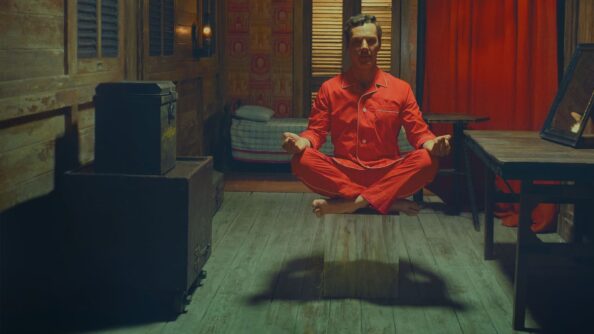
The film revolves around the character of Henry Sugar, portrayed with charismatic finesse by Benedict Cumberbatch. Henry Sugar is a wealthy man leading a shallow and unfulfilled life, desperately seeking meaning. When he stumbles upon a story about a guru who possesses the extraordinary ability to see without using his eyes, his curiosity is piqued, and he embarks on a transformative journey. Cumberbatch’s performance is captivating, as he transitions from a jaded, morally ambiguous character to a man genuinely yearning for spiritual enlightenment.
Ralph Fiennes, who plays the role of Roald Dahl and also doubles as The Policeman, adds depth and nuance to the narrative. His portrayal of Dahl is reminiscent of the author himself, and his presence in the film serves as a meta-narrative touch that connects the audience to the source material. The Policeman, a key character in the story, is portrayed with a delightful blend of sternness and curiosity.
Dev Patel shines as Dr. Chatterjee, Henry’s trusted friend and confidant. His role as a guide and mentor to Henry on his quest for self-discovery is both heartwarming and inspiring. Patel brings an earnestness to the character, making the audience root for Henry’s transformation and growth.
Ben Kingsley‘s portrayal of Imdad Khan, The Dealer, is another highlight of the film. Kingsley embodies the character with an air of mystery and wisdom. His interactions with Henry Sugar are riveting, as they engage in high-stakes gambling where more than just money is at stake. Kingsley’s presence adds an element of tension and intrigue to the story.
Rupert Friend‘s Claud provides comic relief and serves as a contrast to the serious themes of the film. Friend’s quirky and eccentric performance injects humor into the narrative, offering moments of levity amidst the philosophical exploration of Henry’s journey.
Richard Ayoade takes on the role of Dr. Marshall, The Great Yogi, whose teachings and practices guide Henry Sugar on his quest for spiritual enlightenment. Ayoade’s enigmatic and tranquil portrayal of Dr. Marshall exudes an aura of mysticism, drawing viewers into the mystical world of yogic practices and meditation.
Visually, The Wonderful Story of Henry Sugar is a feast for the eyes, a hallmark of Wes Anderson’s filmmaking style. The film’s vibrant color palette, meticulously crafted set designs, and whimsical costumes create a world that is both nostalgic and surreal. Anderson’s penchant for symmetry and meticulous framing is evident in every scene, making each frame a work of art in itself. The attention to detail, from the intricate props to the carefully choreographed sequences, is a testament to Anderson’s dedication to his craft.
One of the film’s strengths lies in its exploration of themes such as self-discovery, spirituality, and the pursuit of inner happiness. Through Henry Sugar’s journey, the audience is encouraged to reflect on their own lives and question the values they hold dear. The film’s message is both thought-provoking and heartwarming, reminding us that true wealth lies not in material possessions but in the richness of one’s soul.
The Bad:
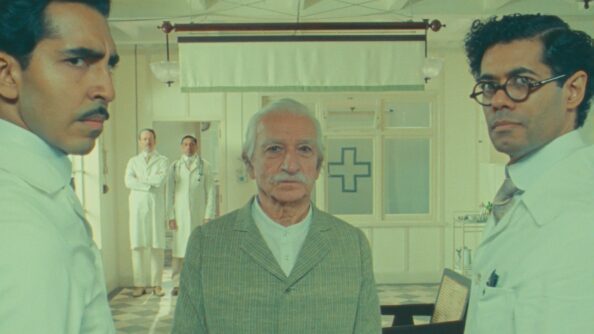
The Wonderful Story of Henry Sugar is not without its flaws, however. Some viewers may find the pacing to be slightly uneven, particularly in the middle portion of the film, where the narrative delves deep into Henry’s life. While this section is crucial to the character’s development, it may test the patience of those seeking a faster-paced story.
Overall:
The Wonderful Story of Henry Sugar is a delightful and visually captivating adaptation of Roald Dahl’s work. Wes Anderson’s unique directorial style, combined with a stellar cast and a whimsical visual aesthetic, makes this short film a standout in the realm of literary adaptations. It successfully captures the essence of Dahl’s storytelling while adding Anderson’s own artistic flair. With its exploration of profound themes and memorable performances, this film is a must-watch for fans of both Dahl and Anderson. As the first installment in a promising four-part series, it leaves audiences eager to see what other Dahl tales Anderson will bring to life.
The Wonderful Story of Henry Sugar Review: A Splendid Delight
-
Acting - 8.5/10
8.5/10
-
Cinematography/Visual Effects - 9/10
9/10
-
Plot/Screenplay - 7.5/10
7.5/10
-
Setting/Theme - 8/10
8/10
-
Watchability - 8/10
8/10
-
Rewatchability - 6.5/10
6.5/10
